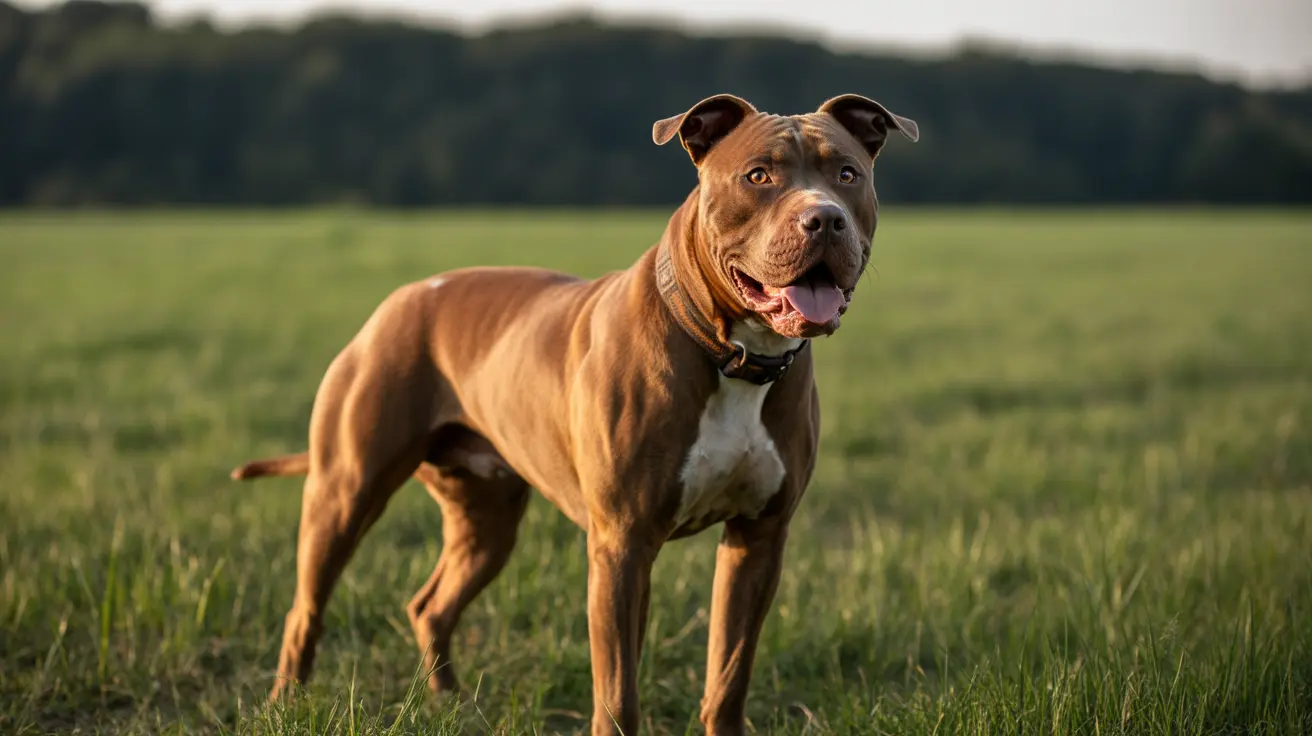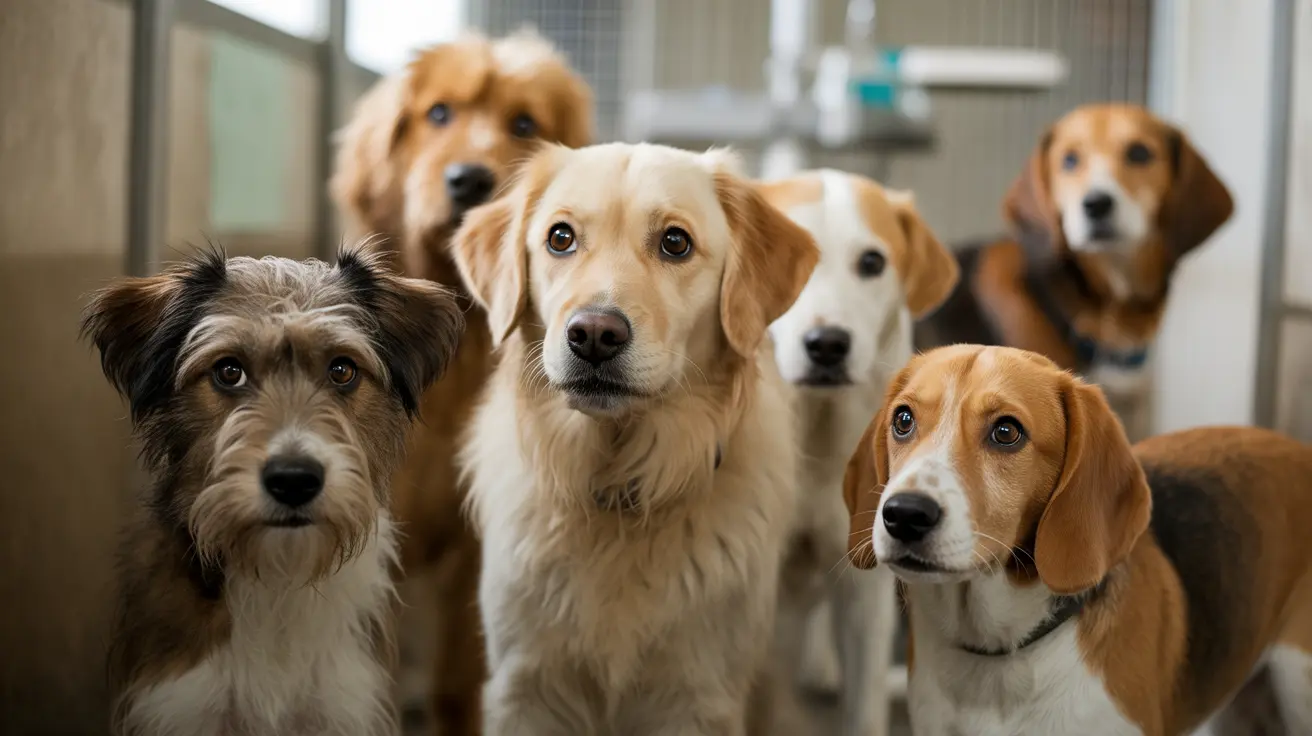Can Bulldogs Have Autism? Understanding Canine Behavior
There is growing curiosity among pet owners about whether dogs, specifically breeds like Bulldogs, can have autism. While the short answer is no—dogs, including Bulldogs, cannot have autism as it is defined and diagnosed in humans—they may exhibit behaviors that seem similar to autistic traits. Understanding the root of these behaviors involves exploring congenital disorders, neurological conditions, and environmental factors that can affect canine development.
Why Dogs Can’t Have Human-Defined Autism
Autism in humans is classified as a neurodevelopmental disorder characterized by challenges in social interaction, communication difficulties, and repetitive behaviors. This condition is recognized through specific diagnostic criteria based on human cognitive and neurological development. Since dogs have a fundamentally different neuroanatomy and communication style from humans, applying the same diagnostic standards isn’t accurate or scientifically valid.
Behavioral Traits That May Resemble Autism
Although dogs don’t get autism, pet owners may notice behaviors in their Bulldogs that appear similar to it. These can include:
- Reduced social interaction with humans or other animals
- Repetitive behaviors such as spinning, tail-chasing, or pacing
- Sensitivity to sound, touch, or other stimuli
- Lack of response to commands or name-calling
- Unusual vocalizations or excessive barking
While such traits can be alarming or confusing, they do not equate to autism in the human sense. Instead, they may signal other underlying issues.
Possible Causes of Autism-Like Behaviors in Bulldogs
Bulldogs are known for their endearing personalities, but they are also prone to several genetic and congenital conditions that might cause them to exhibit atypical behaviors. Understanding these conditions is key to managing your dog’s health and wellbeing.
1. Congenital Hypothyroidism
- Caused by an underactive thyroid gland from birth
- Leads to stunted growth, lethargy, and cognitive delays
- More common in breeds like French Bulldogs
2. Pituitary Dwarfism
- Due to a deficiency in growth hormone
- Dogs may retain a puppy-like appearance into adulthood
- Often includes behavioral delays
3. Congenital Hydrocephalus
- Excess cerebrospinal fluid in the brain
- Can cause poor coordination, seizures, and unusual skull shape
- Bulldogs and other brachycephalic breeds are at higher risk
4. Portosystemic Shunt
- Liver condition where toxins bypass the liver
- Results in neurological symptoms like confusion or behavioral changes
5. Chromosomal Abnormalities
- Although rare, these can cause cognitive and physical anomalies in dogs
- Symptoms overlap with those observed in human developmental disorders
Key Signs to Observe in Bulldogs
For Bulldog owners concerned about signs of developmental or neurological issues, key symptoms include:
- Unusual facial or body structure (broad head, short limbs)
- Cognitive delays or difficulty with training
- Disorientation or poor social interaction
- Vision or hearing impairment
- Muscle weakness or lethargy
- Seizures, behavioral changes
Diagnosis and Treatment
Veterinary diagnosis is essential when any of the above signs are observed. Diagnosis may involve:
- Blood tests to measure hormone imbalances
- X-rays or MRIs to identify structural abnormalities
- Genetic testing for rare congenital conditions
Treatment depends on the condition:
- Congenital hypothyroidism: Hormone replacement therapy
- Pituitary dwarfism: Growth hormone, thyroid supplements
- Hydrocephalus: Pressure-reducing medications or surgery
- Portosystemic shunt: May require surgical correction or dietary adjustments
Providing Supportive Care
Regardless of diagnosis, Bulldogs with developmental or neurological disorders can lead fulfilling lives with proper care:
- Medication adherence and scheduled veterinary check-ups
- Special diets that support immune and organ health
- Environmental adaptations like ramps or floor mats
- Nurturing emotional bonds through routine and gentle social interaction
Prevention Through Responsible Breeding
Many of these conditions are hereditary, so breeding Bulldogs responsibly is crucial. Reputable breeders conduct genetic screening of parent dogs to reduce the chances of passing on congenital disorders.
Conclusion
While Bulldogs cannot be diagnosed with autism in the way humans can, they may experience neurological or developmental conditions that mirror some behaviors commonly associated with it. It is essential for pet owners to recognize these signs and consult a veterinarian for accurate diagnosis and effective treatment options. Through responsible care, Bulldogs with special needs can enjoy a high quality of life and loving companionship.





